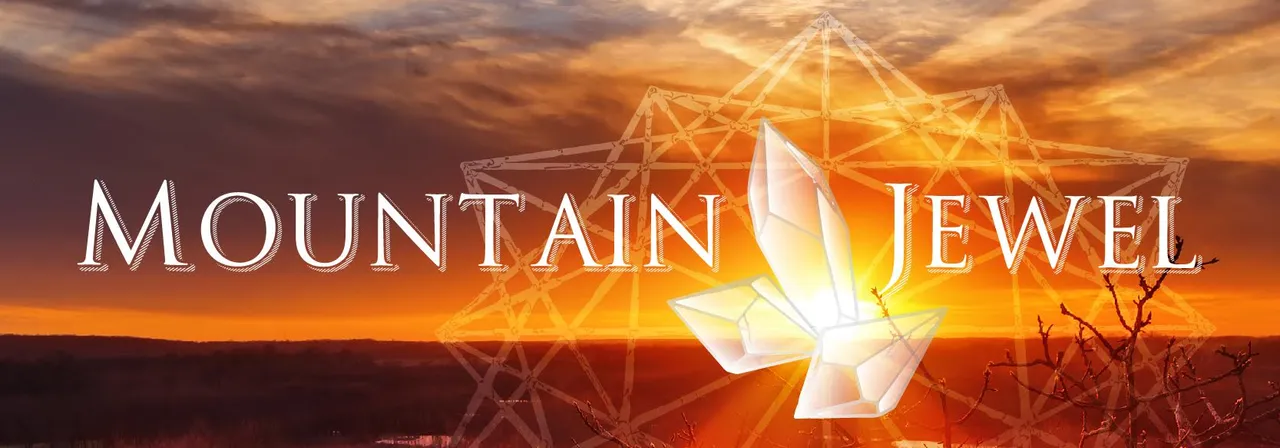Greetings Steem Fam. Today I have a fun question to answer, the Ecotrain Question of the Week (QOTW),
Who are the best people to lead or guide our world ...Politicians, Parents, Academics, Philosophers, High Tech.. Or someone else?
Thank you @eco-alex for going gentle on us this time. Last week's question was a bit much ;) Hah!
Now of course there are so many ways one could go about conceptualizing this question and I look forward to reading the approaches the other passengers take. I'm going to answer it in a way I don't think any of the other #ecotrain passengers will. And that is by picking an often denigrated and even forgotten very humble profession/role...
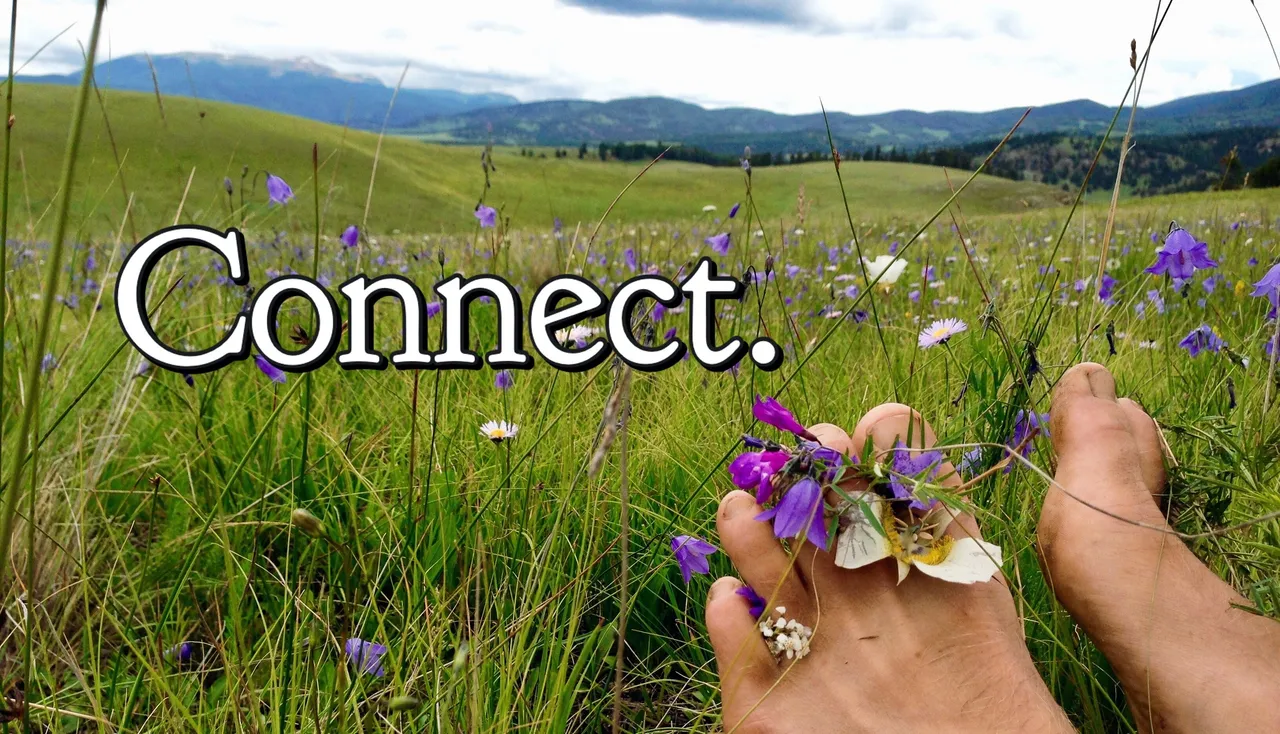
But first!
Some definitions and thoughts!
Blessed are the meek, for they shall inherit the earth...
The first shall be last and the last shall be first....
Humility, etymology: from humilis "lowly, humble," literally "on the ground," from humus "earth," from PIE root *dhghem- "earth."
"More goods and services may provide physical comforts and social amenities; they cannot meet the demands for constructive, creative living. Witness the escapism of the older generation and the alienation and rebellion of young people in the United States, reared under the conditions of a growing surplus of goods and services. The satisfaction of body hungers may be one step toward a good life; at best it is only a beginning. Beyond physical gratification lies the entire range of man's urge to know, to aspire, to participate, to create. It is in these realms and in these realms only that the great satisfactions and the real fulfillments are to be found."
These words were written in 1972 by Scott Nearing in "The Making of a Radical: Political Autobiography", but they are still applicable today.
Radical, etymology: from Late Latin radicalis "of or having roots," from Latin radix (genitive radicis) "root" (from PIE root *wrād- "branch, root"). Meaning "going to the origin, essential" is from 1650s.
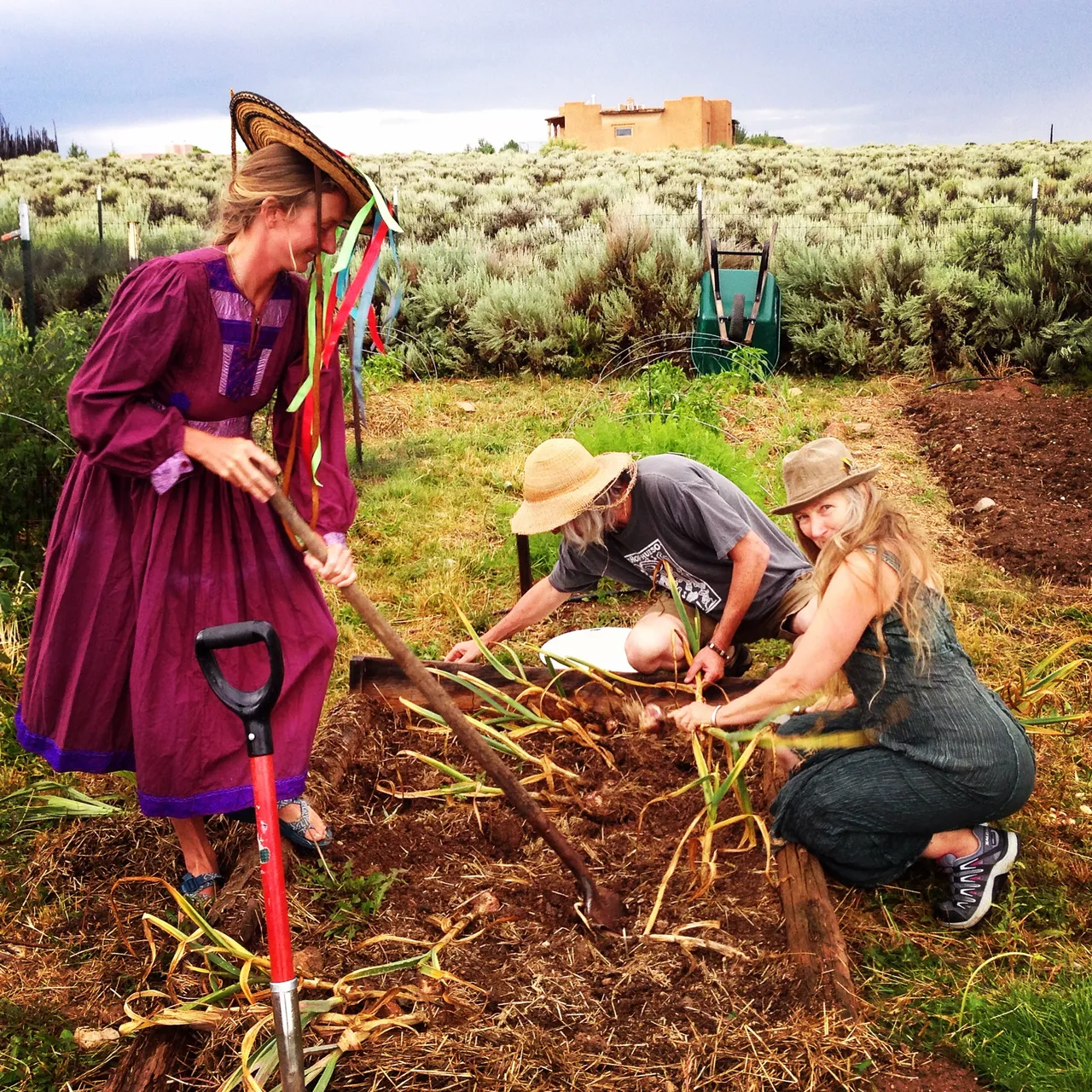
Celebrating Garlic: Garlic harvest with dear friends.
For those of you who don't know of Scott Nearing, he and his wife Helen were the Parents of the Back-to-the-Land Movement in the United States. They were the guiding lights who steered countless young people back to the land and invigorated a generation to rethink the acquisition of titles & material possessions, consumptive habits and shift toward living with/from the land. A true DIY lifestyle.
All humans can live out the urges in the above quote, but one role has been doing this for aeons and that is
The Peasant
The peasant is an oft denigrated, humble (literally of the earth) and radical (again, rooted and back to the origins) human profession. It is the basic human, the original human, the one who lives in intimate connection with the earth.
Of course this likely evokes the standard definition:
a pre-industrial agricultural laborer or farmer, especially one living in the Middle Ages under feudalism and paying rent, tax, fees or services to a landlord. In Europe, peasants were divided into three classes according to their personal status: slave, serf, and free tenant.
But I'm going to broaden the scope and use it to mean farmer, agricultural worker, homesteader, back to the lander, someone who lives with and from the land (which can include rural people, ranchers, shepherds, indigenous tribes, etc.)
In the hierarchy of human roles, the farmer or peasant factors in pretty low and that is why I started off with the caveats I did.
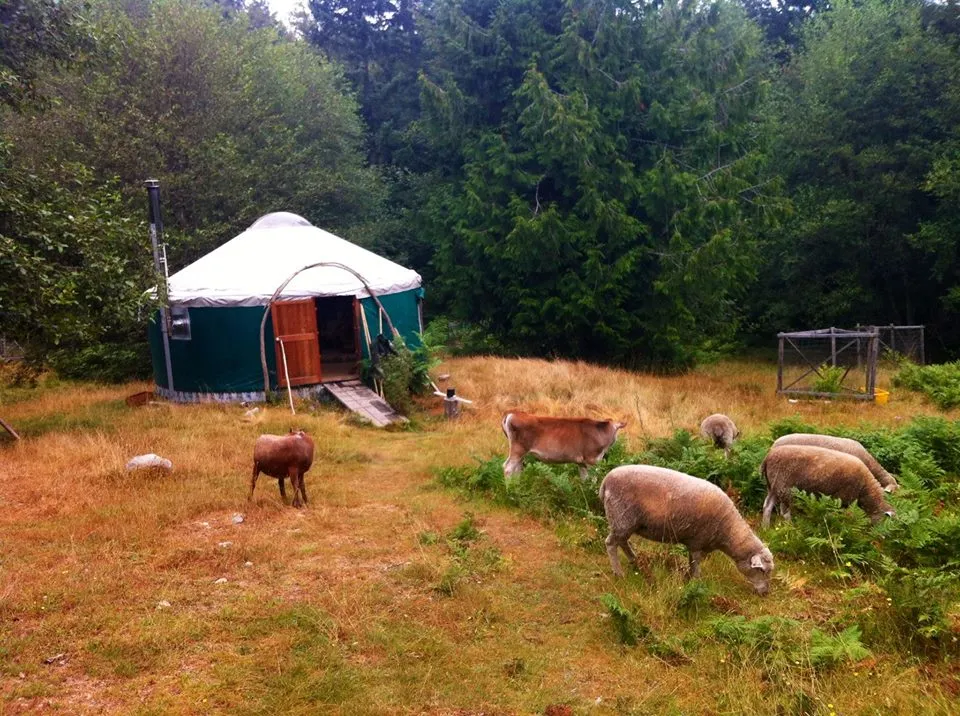
"Modern" earth-based living at OUR Ecovillage in a Yurt where we first lived as a couple.
It is my belief that in order to move forward, to heal our addiction to More, to learn sustainable methods and "the old ways", we need to consult those who are still very much living aligned and in rhythm with the earth.
Why do I believe this?
What is one thing that most all humans do invariably day after day?
They eat.
Where does the food come from?
The peasant.
They are the least thanked, most underprivileged, underserved, lacking voice class among us.
I have a friend who was a wealthy businessman who dropped that life and took his considerable savings and bought a farm. For the past 15 years he has worked the soil and taught dozens how to farm and grow, put away and market their own food. He writes eloquently about this. As a businessperson, he has a better chance than most earth-based people to make a living, but he's barely making a teacher's salary (in the United States, on average this is barely above minimum wage/poverty level) and working his butt off.
We severely underpay, not to mention don't listen to nor respect, our farmers in the US though they put the food on our table.
"Take immigration. Our current policy renders much of the U.S. workforce completely invisible. This is more true in the food industry than in any other place in American life. There is a widespread disconnect on the critical role recent immigrants play in producing our food and an underlying empathy gap when it comes to the reality of daily life for these low-wage food workers and their families.
For example, here in North Carolina, over 150,000 immigrant farm and food-processing workers harvest nearly all the local food we eat and export, but their living and working conditions would shock most Americans.
Our state produces half the sweet potatoes grown in the U.S. — 500,000 tons a year — which are all harvested by hand. A worker here has to dig and haul 2 tons to earn about $50."
Farm-To-Table May Feel Virtuous, But It's Food Labor That's Ripe For Change
And this morning I found this gem from a friend:
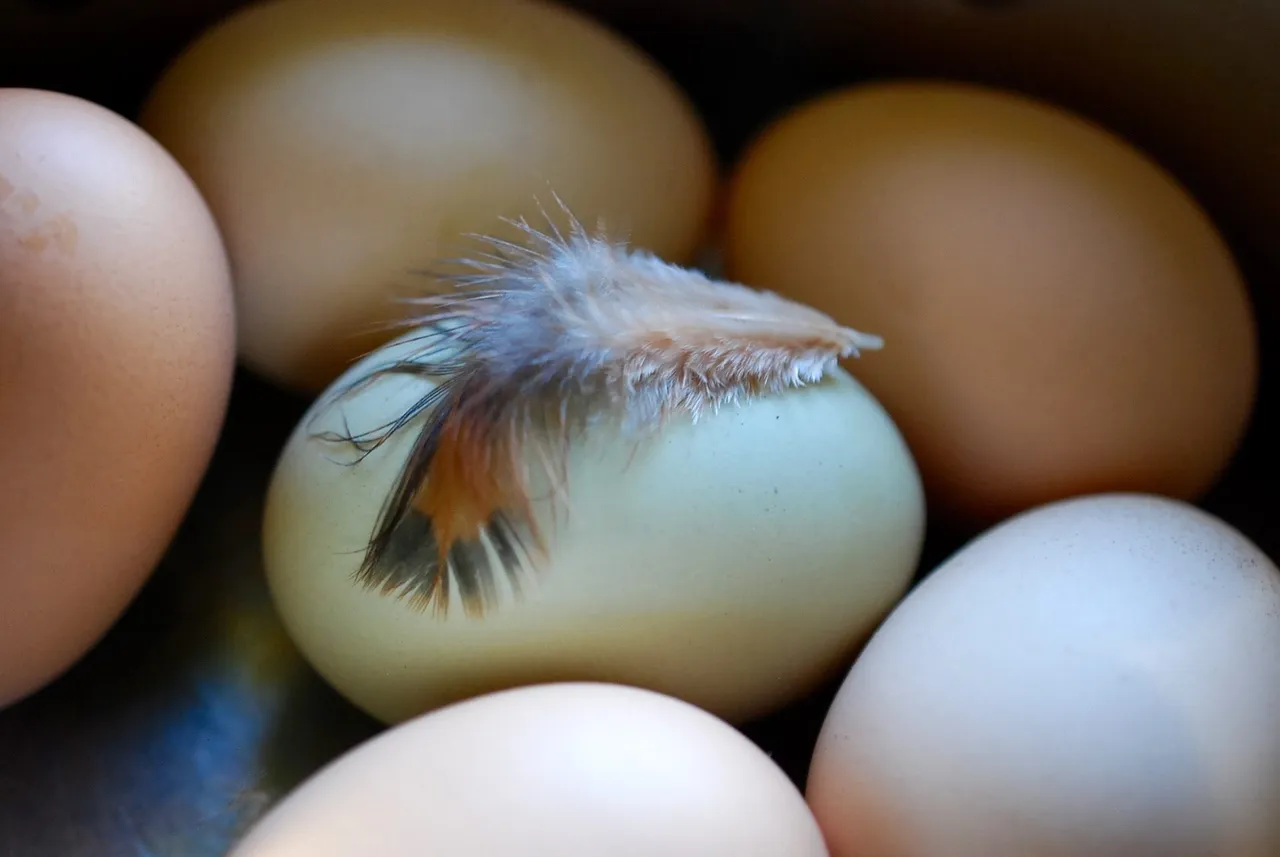
Photo by Rachel Berry
I found this little treasure in my egg carton today. Eggs from a dear neighbor friend; from her dear chickens.
So much in society can be solved by teaching your children about food. So much of everyday life; from politics to healthcare, are based around what is on your plate. Talk to your kids about what is on their plate (and dare I have to ask, not a paper/ styrofoam plate!?)
Teach them to thank those that provide and share nutrients that support life.
- Farmer & Mother Rachel Berry
This is just a wee glimpse into the food grower/earth based person in the United States.
When I have traveled throughout the world, in markets everywhere you meet the people who live close to the earth and grow food. When you look into their eyes, you can see an earthiness, an honesty that comes from working with the humus, the seasons, continually working the land.
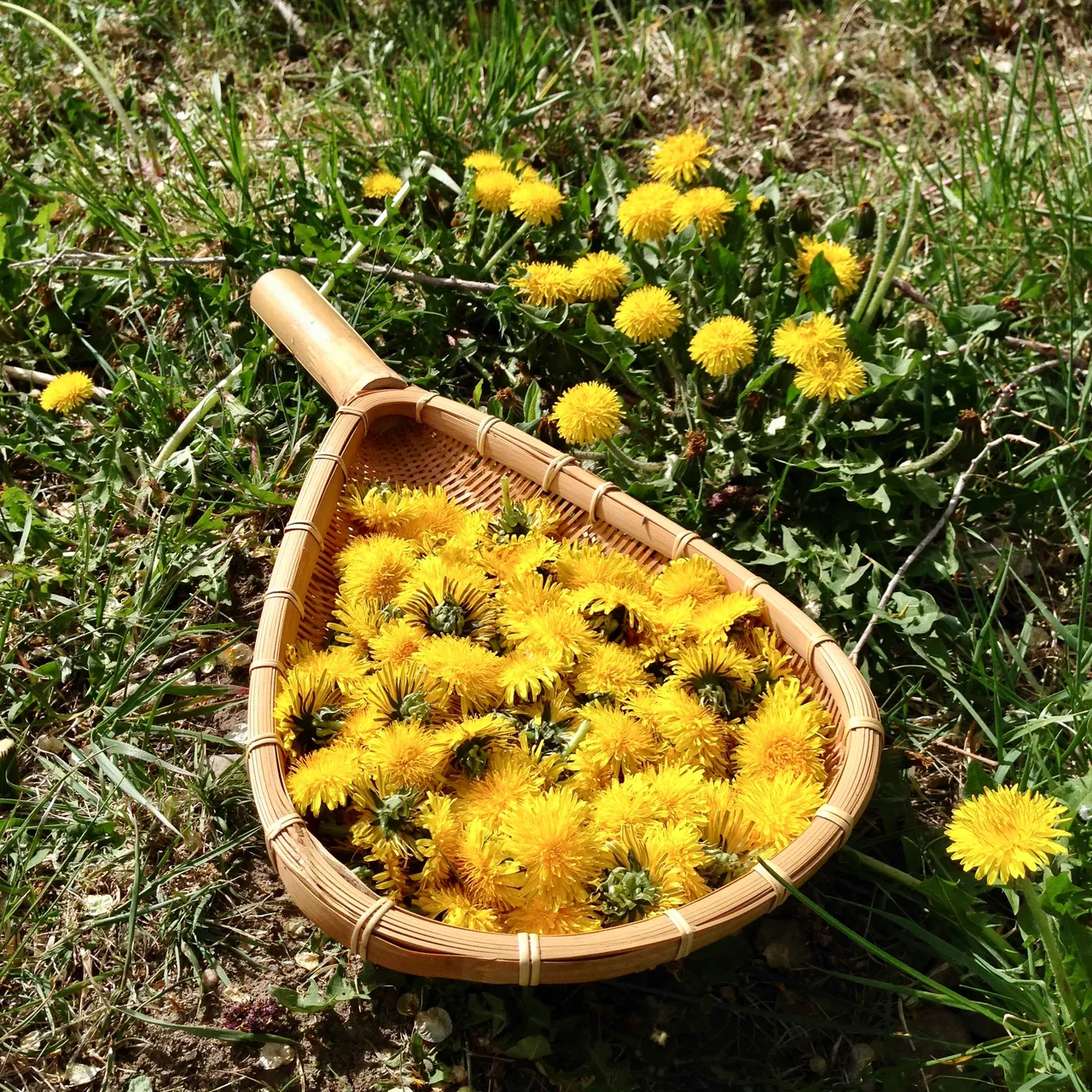
Dandelion harvest.
It is a hard life many times and food doesn't fetch the price of other goods, but these farmers contain a wisdom in their bones. The wisdom that peasants have always carried. We don't regard them highly in our cultures, yet we should.
The lessons learned and lived out by those in connection with the Earth are integral to both our health and wellness as a society and also to our survival.
As the machine of the industrial society trudges on, we are following along and in doing so leaving behind some part of ourselves. As a collective we are "progressing"...
But what are we losing in severing our ties to the Earth?
I would wager that this connection is what makes us human; it is absolutely essential.. It is the very loss of this that is required to continue with business as usual in a culture of MORE.
We laud the virtues of convenience but deny ourselves the gift of struggle that teaches us the satisfaction of accomplishing a task or working for something and the autonomy to do it ourselves.
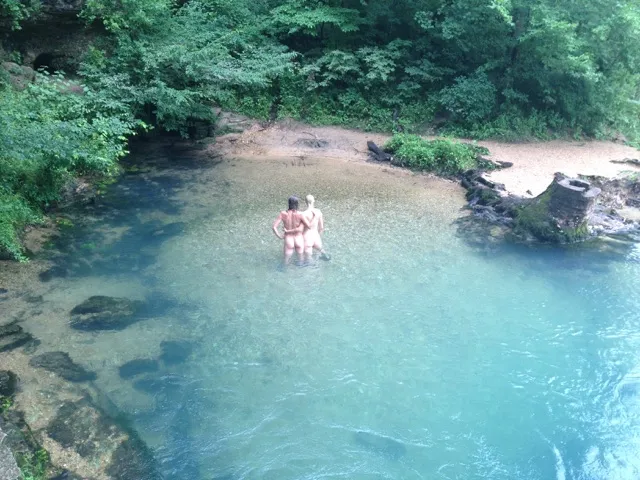
Celebrating local natural wonders. Connect with and enjoy the earth's splendor. Give thanks.
The peasant is a role that must be valued.
...For it we who have our feet on the ground and our hands in the Earth.
If leadership is to benefit the whole, what better voice than those who live humbly and understand the Earth? Especially in a time when the earth has been "thrown under the bus" in the human "progress/civilization"?!!!
At the core of humanity lies an innate creative ability, the need to love and be loved and the desire to be connected.
Peasant know this intimately and live it out.
Without all the trapping of civilization, it's easier to see to the core of life.
All civilizations have collapsed due to water and soil degradation, and the best leaders know this and act accordingly. Those who are intimate with these elements are most able to guide positive actions to preserve and tend them.
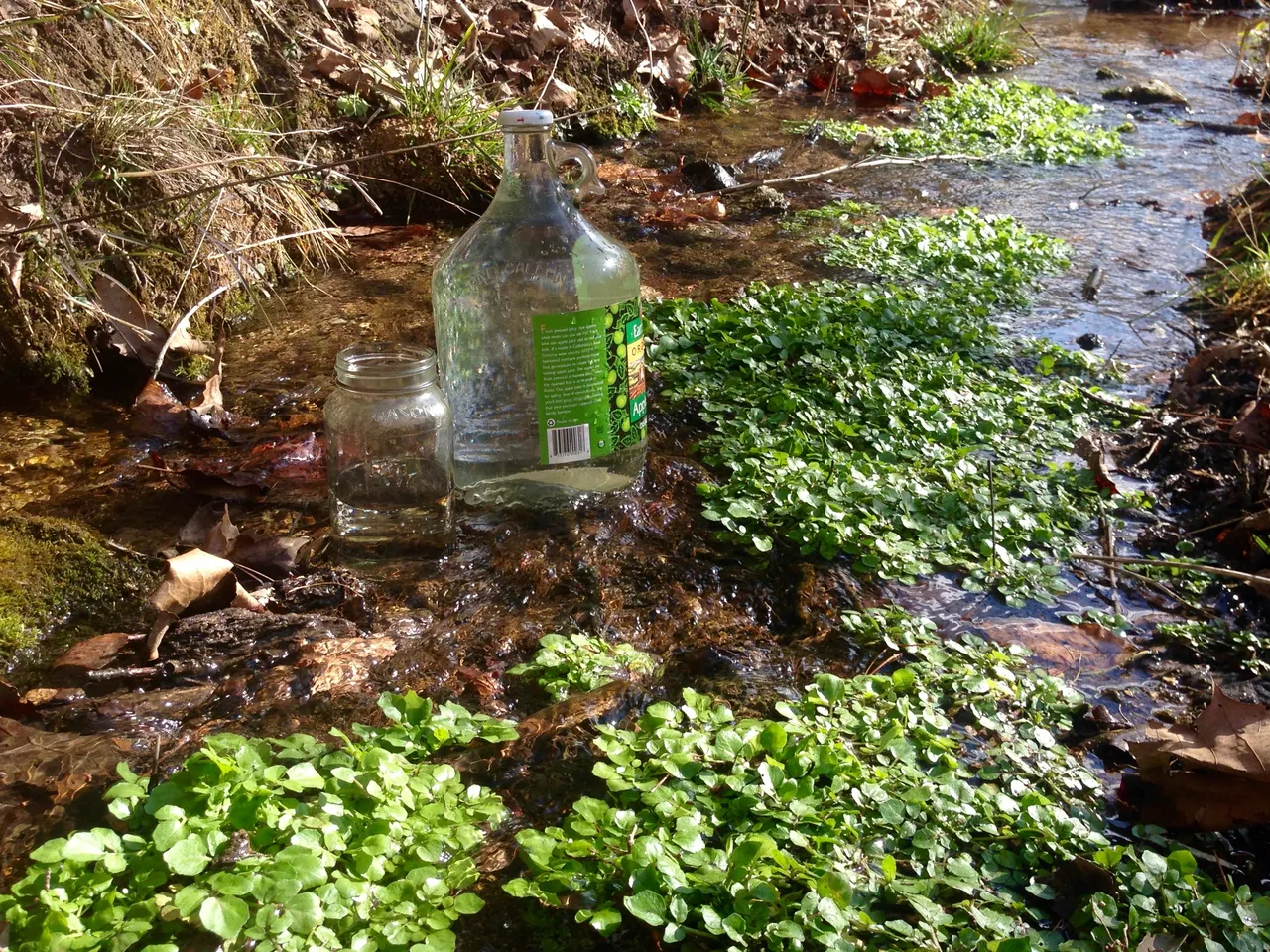
Peasants will never be the elite, and this is PRECISELY why they are best suited to lead. The people united will never be defeated.
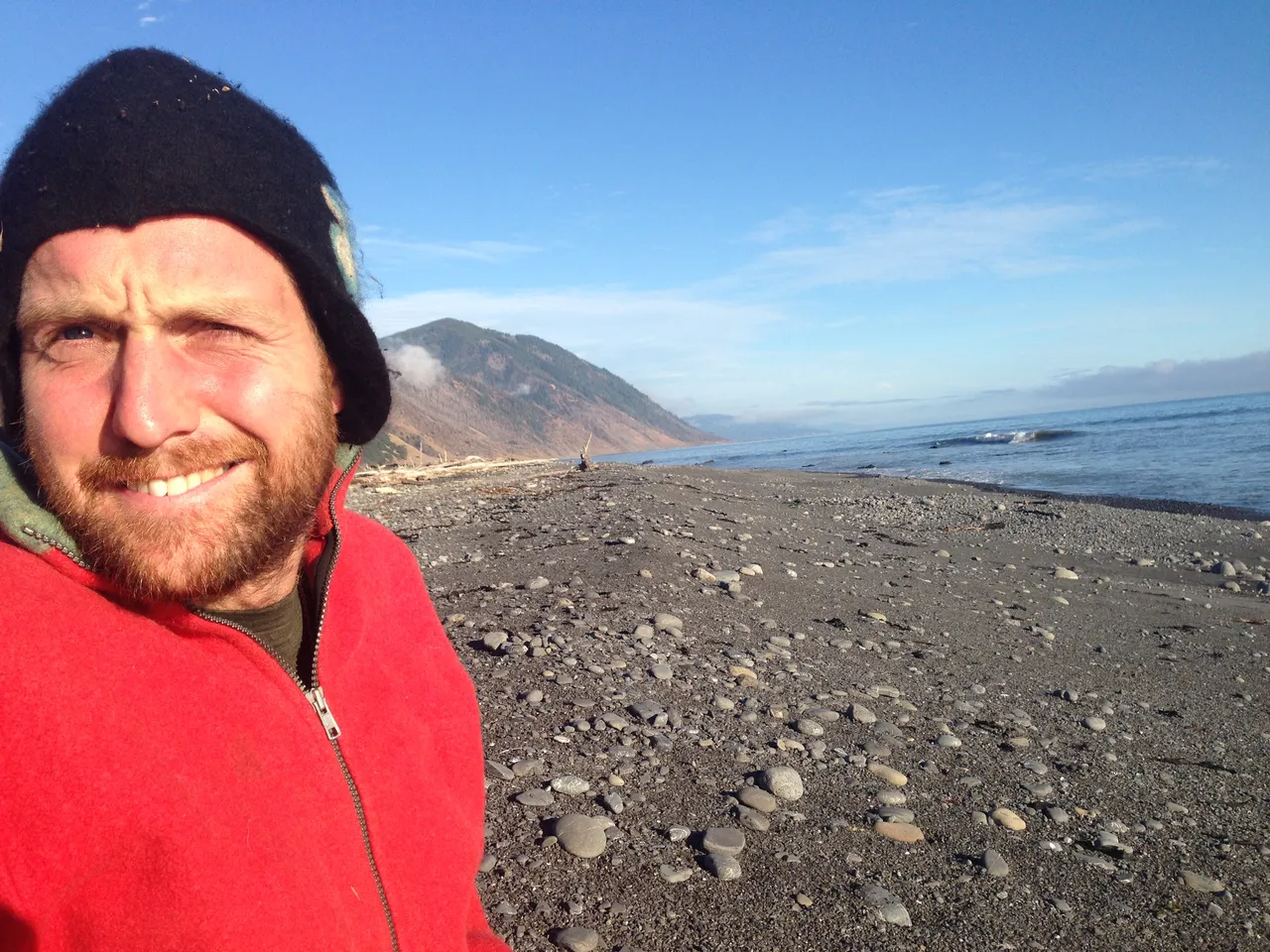
The peasant on a travel adventure. "Lost Coast", California
